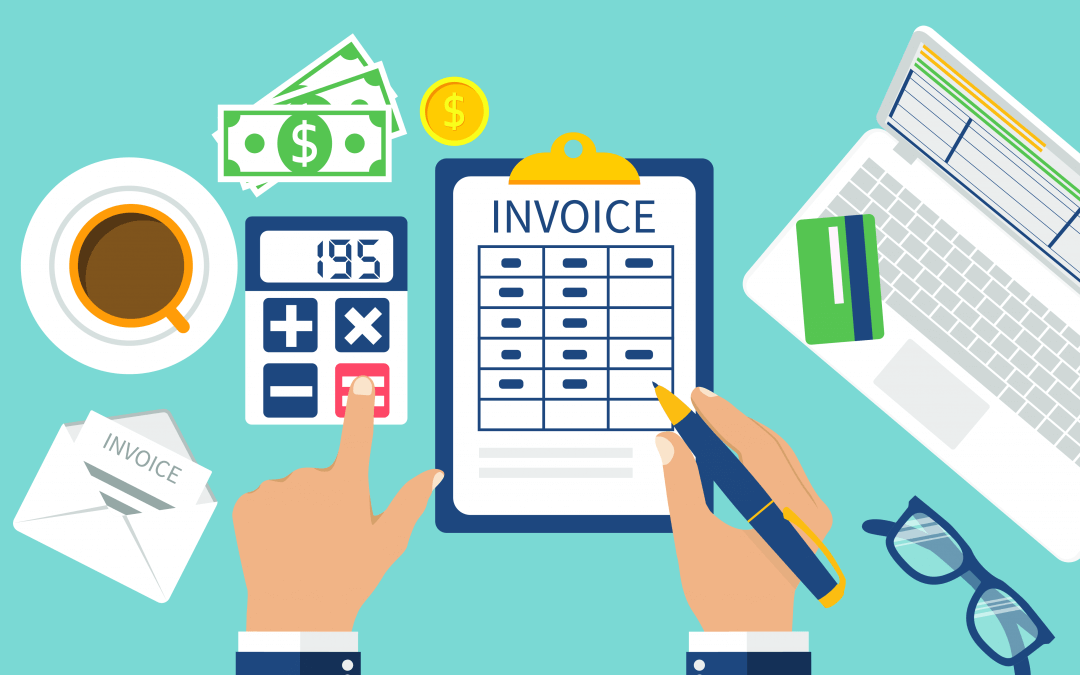
In the fast-paced commercial landscape of the UK, maintaining a steady cash flow is crucial for the survival and growth of businesses. One effective tool that has gained popularity among small and medium-sized enterprises (SMEs) for managing cash flow is invoice finance.
This comprehensive guide will explore what invoice finance in the UK is, how it works, its benefits, and what to consider when choosing a broker.
What is Invoice Finance?
Invoice finance is a financial service that allows businesses to release cash tied up in unpaid invoices. Instead of waiting for customers to pay within their credit terms, businesses can receive an advance from a finance provider, typically 70% to 90% of the invoice value, within a few days of issuing the invoice. The balance, minus the provider’s fees, is paid once the customer settles the invoice.
This financing tool is particularly beneficial in industries where long payment terms are standard practice, such as manufacturing, construction, and wholesale.
Types of Invoice Finance
Invoice finance in the UK comes in two main forms:
- Factoring: With factoring, the finance provider takes over the management of a company’s sales ledger and credit control. This means the provider chases up unpaid invoices, which can be beneficial for businesses that prefer to outsource their debt collection.
- Invoice Discounting: In invoice discounting, the business retains control over managing its sales ledger and debt collection. The finance provider does not interact with the business’s customers, and the service remains confidential, ensuring that relationships and terms with clients are not affected.
Benefits of Invoice Finance
Improved Cash Flow
The most obvious benefit is the immediate improvement in cash flow. Businesses can use the funds for growth initiatives, such as expanding operations, taking on new projects, or simply covering day-to-day expenses. This readily available funding helps smooth out the financial bumps that unpredictable payment cycles can cause.
Reduces the Payment Waiting Period
Invoice finance significantly cuts down the waiting time for payments, enabling businesses to plan and execute operations without cash flow interruptions. This quick access to funds means businesses can react more swiftly to market opportunities and demands.
Focus on Core Activities
Particularly with factoring, businesses can focus more on core activities without worrying about chasing clients for payments. This can lead to improved efficiency and productivity, as teams can dedicate more time to strategic growth rather than administrative tasks.
Flexibility
Unlike traditional loans, which typically come with fixed terms, invoice finance is tied directly to sales. Therefore, as a business grows, so does the available funding. This scalability makes it an ideal financial solution for rapidly growing companies looking to capitalize on new opportunities without stringent borrowing constraints.
How to Choose an Invoice Finance Provider
Selecting the right invoice finance provider is crucial for ensuring the success of this financial strategy. Here are some considerations:
- Reputation and Reliability: Choose a provider with a strong reputation in the market. Research their history, read customer reviews, and perhaps consult other businesses that use their services.
- Transparency: Look for a provider that is transparent about their fees and contract terms. Hidden fees can erode the benefits of the service.
- Flexibility: Each business has unique needs. A provider that offers flexible terms that can be tailored to your specific requirements is preferable.
- Customer Service: Excellent customer support is essential. The provider should be easily accessible and responsive to your queries and needs.
- Integration with Business Operations: Check how well the provider’s platform can integrate with your existing business operations, such as accounting software. Seamless integration can reduce administrative overhead and improve efficiency, especially in niche markets like horsebox finance in the UK.
Risks and Considerations
While invoice finance offers numerous benefits, there are also risks and considerations that businesses must manage:
- Dependency: Relying heavily on invoice finance can lead to financial instability if not managed correctly. It’s essential to use this tool as part of a broader financial strategy.
- Customer Perception: Particularly with factoring, where the provider chases payments, there is a risk that customers might perceive this as financial instability.
- Cost: Invoice finance can be more expensive than traditional financing options. The fees can accumulate, affecting overall profitability.
Key Takeaways
Invoice finance is a valuable tool for UK businesses looking to enhance their cash flow and manage payment delays effectively. By understanding the different types of invoice finance available, the benefits, and how to choose the right provider, businesses can make informed decisions that bolster their operations without compromising financial stability. With careful consideration and strategic use, invoice finance can be a powerful component of a company’s financial toolkit.